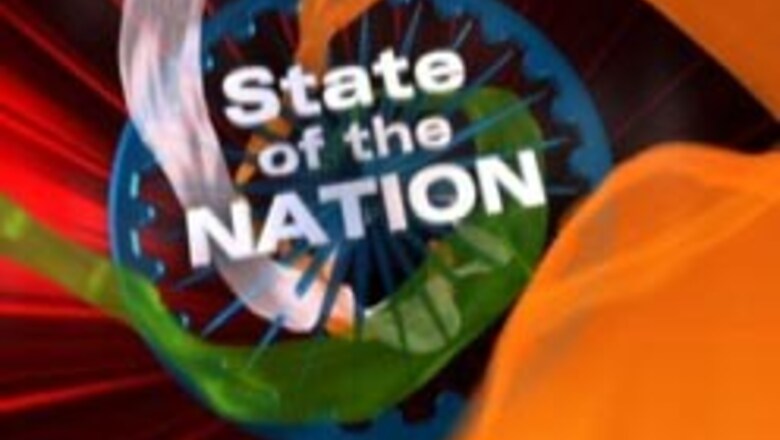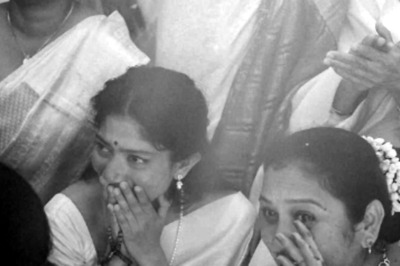
views
Findings of the survey reported here are based interviews of 15, 373 randomly selected respondents at 970 villages and urban locations spread across 19 states.
The respondents were selected in three stages. First a sample of Assembly constituencies was randomly drawn using the Probability Proportionate Sampling (PPS) method. The sample of locations was drawn using the systematic random method, while the respondents were randomly selected from the electoral rolls of the sampled location.
Face-to-face interviews were conducted between January 9 and January 14 by a team of 490 trained interviewers using a structured interview schedule.
As the enclosed table shows, the achieved sample for the survey is fairly representative of the social diversity of India.
In the population
In our survey
Rural
72
76
Women
48
45
Hindu
81
80
Muslim
13
12
Dalit
16
20
Adivasi
8
8
The Team:
The fieldwork for the survey was coordinated by K.C. Suri (Andhra Pradesh), Akhil Ranjan Dutta (Assam), Rakesh Ranjan (Bihar), Baba Mayaram (Chhatisgarh), Pushkar Raj (Delhi), Priyavdan M Patel (Gujarat), Harish Kumar (Haryana), Rekha Chowdhary and Gul Mohammed Wani (Jammu and Kashmir), Harishwar Dayal (Jharkhand), Sandeep Shastri (Karnataka), Sajad Ibrahim (Kerala), Ram Shankar (Madhya Pradesh), Nitin Birmal (Maharashtra), Surya Narayan Misra (Orissa), Ashutosh Kumar (Punjab), Sanjay Lodha (Rajasthan), G. Koteswara Prasad (Tamil Nadu), A.K. Verma, Mirza Asmer Beg and Sudhir Kumar (Uttar Pradesh), Annpurna Nautiyal and Aditya Gautam (Uttarakhand) and Suprio Basu (West Bengal).
Sanjay Kumar of Centre for the Study of Developing Societies (CSDS), Delhi directed the survey. The Central team which designed, coordinated and analyzed the survey comprised of Yogendra Yadav, Sanjeer Alam, Praveen Rai, Vikas Gautam, Kinjal Sampat, K.A.Q.A Hilal, Himanshu Bhattacharya and Kanchan Malhotra of CSDS and Professor Rajeeva Karandikar of Cranes Software International Limited.




















Comments
0 comment